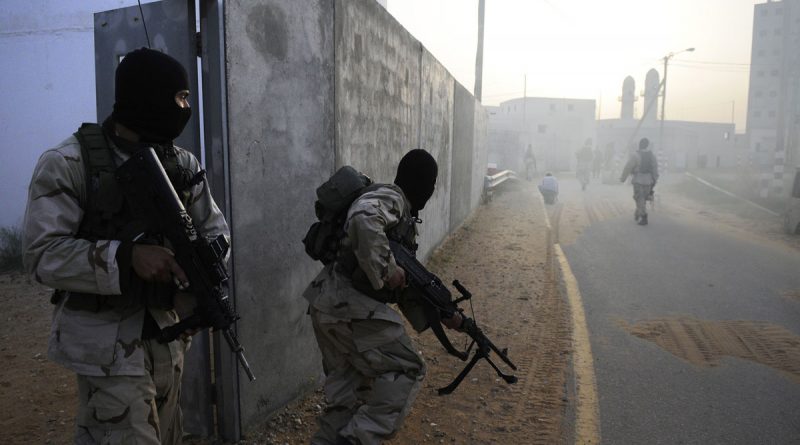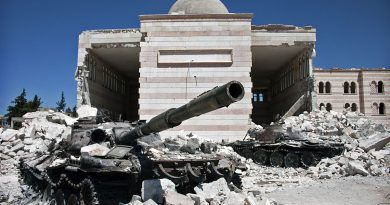29 MAI | Workshop: Why we will fight in cities
The Security and Defence Studies Group from ESPP (School of Sociology and Public Policies at ISCTE-IUL) organizes a workshop entitled “Why we will fight in cities“, with guest lecturer Anthony King (Warwick University).
The event will take place on Wednesday, May 29th, 2019 at 6 p.m in room C4.02 (building II, ISCTE-IUL).
About the workshop
Many scholars have noted the increasing frequency and intensity of urban fighting in the early twenty-first century. They have attributed the rise of urban conflict to demography. Because half the human population now live in cities, which are themselves much bigger than ever before, conflict in cities has become all but inevitable. In addition, since cities offer almost infinite opportunities for concealment and evasion, the west’s opponents have and will seek to exploit the asymmetric advantages which cities offer. While this theory may be plausible for explaining civil conflict, it is much less successful in explaining why wars have also increasingly converged on cities. This paper proffers an additional factor in explaining urban combat. It claims that the mere contraction of military forces globally has been a crucial but neglected factor in precipitating urban combat; militaries have downsized. Simply because the armed forces are so much smaller than the twentieth century, conflict has converged on decisive strategic and operational objectives in towns and cities. In interstate warfare, forces are too small to form fronts. Similarly, where state forces tended to drive insurgents into the countryside in the twentieth century, because they were so numerous, they can no longer inundate cities as they once did. This paper illustrates the relevance of numbers for rest civil conflicts and insurgencies, by looking at the Battle of Sadr City (2008) and the Battle of Belfast (1972).
About the speaker
Professor Anthony King specialises in the study of the war and the armed forces and is particularly interested in the question of small unit cohesion. His most recent publications include The Combat Soldier: infantry tactics and cohesion in the twentieth and twenty-first centuries (Oxford, 2013) and (ed.) Frontline: combat and cohesion in the twenty-first century (Oxford, 2015). He is currently working on a new book on divisional command, supported by a research grant from the ESRC. This project also involves an international and interdisciplinary scholarly-practitioner conference, ‘Command in the 21st Century’ to be held at Warwick in September 2017. He has worked closely with the armed forces as an adviser and mentor. Having worked at the University of Exeter for almost two decades, he is excited about taking up the Chair in War Studies at Warwick and building on PAIS’s traditional strengths in the security studies area.
![]() This work is licensed under a Creative Commons Attribution-NonCommercial-ShareAlike 4.0 International License.
This work is licensed under a Creative Commons Attribution-NonCommercial-ShareAlike 4.0 International License.




